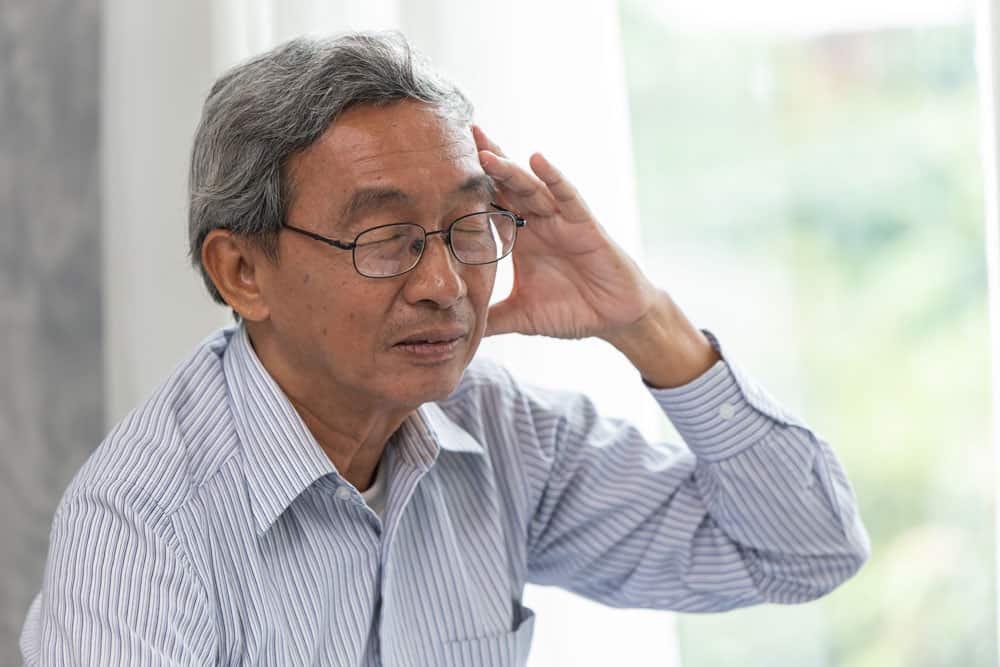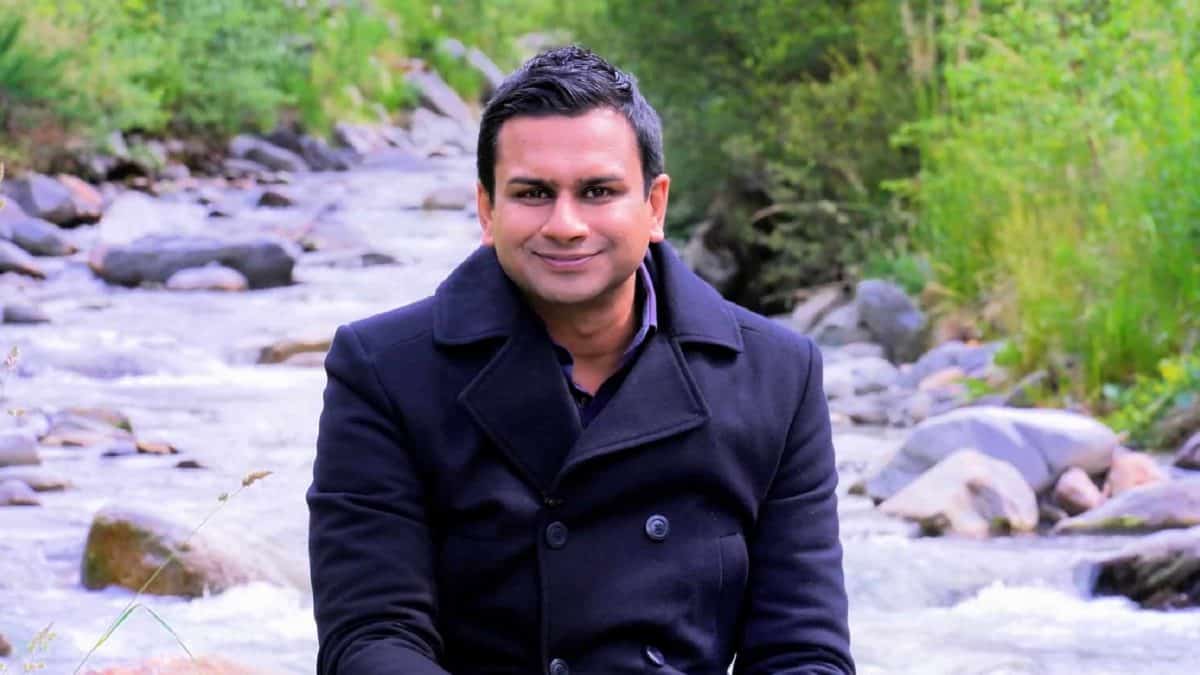Stress is a short-term experience. Anxiety is a medium or long-term experience, that may come and go.
The sympathetic nervous system, sometimes called your “fight or flight” response is what triggered most often with anxiety, because it is a protective response. So here we can realize there are two main aspects to the anxiety response: physical and emotional.

Physically your body may tense up, and you may notice your heart rate higher than normal, or trouble sleeping. Emotionally, you may have racing thoughts, restlessness, and trouble concentrating. This is our body’s natural response to physical threats, like when a wild animal is attacking us, so we are protected. However, this danger response generalizes, and then we have the same response to emotional threats as we do to physical ones.

This danger response is what I call “Survival Anxiety”.
Biologically our bodies want to survive to pass on our genes, and if we are under physical threat from the virus, or under financial threat from loss of livelihood, our defense systems will override our logical mind and go into fight or flight.

The coronavirus situation has put many people in touch with their own mortality, perhaps even a fear of death.
This is particularly true for those in the higher-risk categories, like the elderly or those with other health conditions. Normally this protection response would switch off as the danger eases or we put it into perspective.

But sometimes the brain gets stuck in a loop and keeps over-protecting us in an anxious way to warn us. And, in these times, we may get continually re-triggered when we watch the news or see how the pandemic is affecting our daily lives.

An anxious mind thinks of all the worst-case scenarios, everything that could go wrong.
Ironically, the mind does this as a way of trying to minimize risk. But by over-doing the protective response, it actually suppresses our immune system unnecessarily, and affects our mood. So dealing with the anxiety is crucial to our mental, emotional and physical well-being. It is also crucial to boosting our immunity.

Ashok
Ashok Gupta is the Director of the Gupta Program. He has dedicated his life to helping people get their life back from Chronic Illness, improving people’s well-being, and helping them achieve their potential. He has been teaching meditation around the world for over 15 years. He runs a global e-clinic specializing in treating ME, Chronic Fatigue Syndrome, Fibromyalgia & Multiple Chemical Sensitivities – guptaprogram.com
Ashok has spent many years researching the brain neurology of emotion and linking well-being tools with science. He has published medical papers on the basis of stress-related illnesses. He has appeared in many media as an expert on stress on the BBC, CNN, Guardian Newspaper, ITV, The Independent, and many others.
He wrote and presented the Meaning of Life Experiment which is a Free, Award-winning Meditation and Self-Development App www.themeaningoflife.tv
He also works with companies around the world, teaching courses in Leadership, Time Management, and Personal Development. www.ashokgupta.tv








